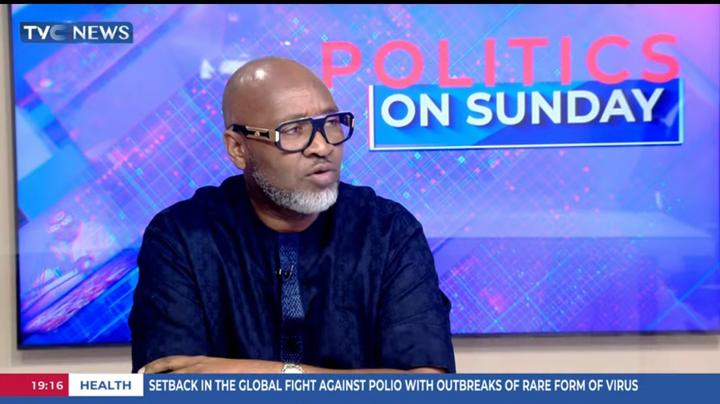Entrepreneur, politician, businessman, and philanthropist Dumebi Kachikwu has raised concerns about what he described as deep-rooted political bias against the South in Nigeria’s leadership structure. Speaking during an interview From 00:01:01, Kachikwu claimed that the political system appears to be designed in a way that makes it almost impossible for a Southerner to lead the country without facing undue opposition.
Kachikwu stated, “A Yoruba man can never comfortably be president because we are from the South.” He explained that from his observation, Southern leaders often face early campaigns to remove them from office, citing historical examples where attempts were made to undermine Southern presidents and vice presidents before their terms were completed.
He argued that if people from the South do not speak up against this trend, the cycle of political exclusion will continue. According to him, the problem is not about ethnicity or religion but about ensuring fairness, justice, and equity in the leadership of the country.
The politician stressed that the constitution allows anyone from any part of the nation to become president, yet, in practice, the South often faces systemic challenges that limit its chances. He expressed worry that without unity and collective action, the presidency could remain largely out of reach for people from the region.
Kachikwu also used the opportunity to call for a shift in focus from politics to governance. He noted that Nigeria is currently dealing with economic hardship, rising poverty, and the effects of inflation. Instead of political leaders plotting for 2027, he urged them to come together to find solutions to the problems affecting millions of Nigerians.
He further emphasised that poverty affects all citizens regardless of tribe or religion, and therefore, leaders must prioritise the welfare of the people over political games.
Kachikwu’s statement has sparked discussions across political circles, with many agreeing that the issue of equitable representation in the presidency remains a crucial challenge for Nigeria’s democracy.
Explore More News By Using The Button Below.

